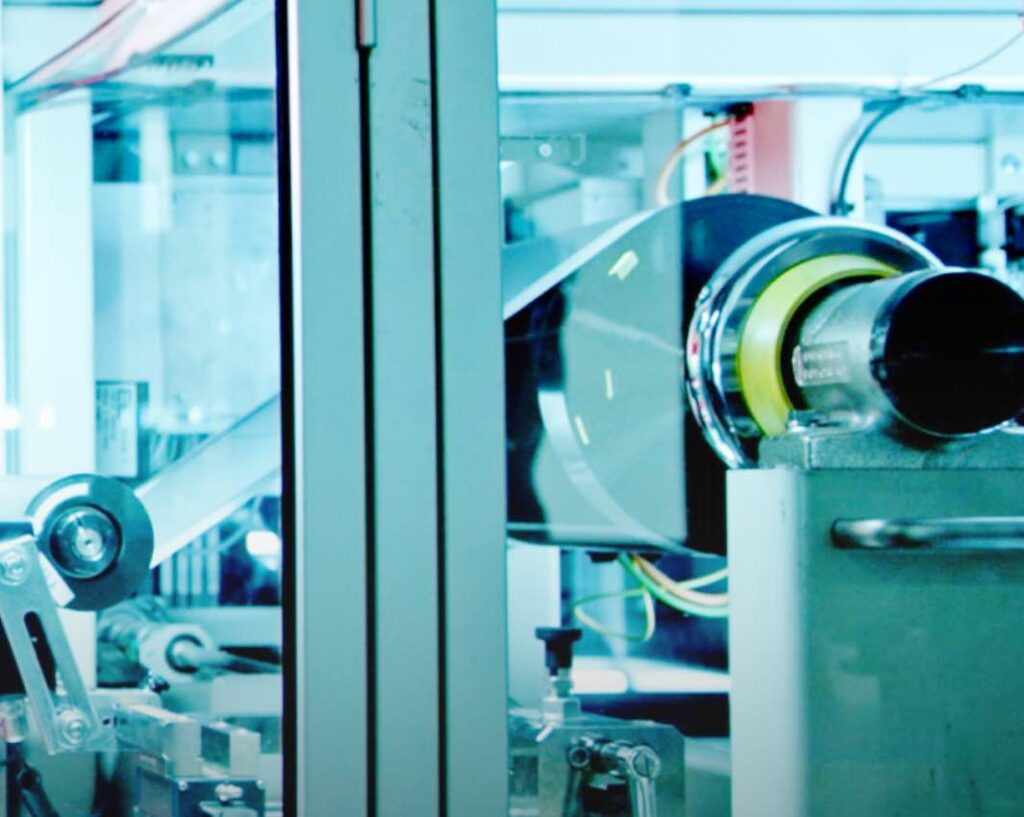
Plans to establish a national battery industry hub in Queensland are now uncertain following the state government’s decision to withdraw its promised funding. The Crisafulli LNP government has cut $105 million from the Queensland 2025-26 budget, a move that jeopardizes the development of the Australian Battery Industrialisation Centre (ABIC), which was intended to accelerate the commercialization of battery technology across the nation.
The Advanced Materials and Battery Council (AMBC) expressed concern on Monday, noting that the funding had been pledged by the former Labor Queensland government and was to be matched by federal Labor under its National Battery Strategy. However, Queensland’s Deputy Premier and State Development Minister, Jarrod Bleijie, confirmed the withdrawal of state funds, citing uncertainty around the federal government’s commitment to the project.
“Given the uncertainty around the 2022 federal government commitment to establish a $100 million battery centre in Queensland, the [Queensland] government has decided not to progress with the Queensland Battery Industry Strategy or Australian Battery Industrialisation Centre at this time,” a spokesperson for Bleijie stated.
Shift in Government Priorities
The decision to cut funding aligns with the Queensland LNP’s broader shift away from clean energy initiatives. Under the leadership of Crisafulli, the government has redirected its focus towards three priority industries: defense, biomedical, and biofuels. This strategic pivot reflects the LNP’s election commitments and marks a significant departure from the previous administration’s renewable energy goals.
Recent policy changes have raised concerns that Queensland is reverting to a stance reminiscent of the Campbell Newman era, characterized by a strong ideological opposition to renewable energy. Last month, the government introduced major changes to the assessment process for renewable energy projects, signaling a potential rollback of the state’s renewable energy targets.
Implications for the Battery Industry
The AMBC has emphasized the critical role of the ABIC in advancing Australia’s battery industry. CEO Quentin Hill highlighted the importance of local battery testing and certification services for public safety and industry growth. Without the infrastructure provided by the ABIC, Hill warns that the industry’s potential will be severely constrained.
“The industry needs this ABIC to fully realize our future potential in battery manufacturing,” Hill stated. “Industry growth will be constrained without this critical infrastructure.”
Australia’s abundance of critical minerals and expertise in material science positions it as a potential global leader in battery technology. However, Hill argues that the necessary technological infrastructure is crucial for the industry to capitalize on these strengths.
Federal Support and Future Prospects
The federal government, under Prime Minister Anthony Albanese, has maintained its $100 million commitment to the project. Hill expressed optimism about continuing collaboration with both federal and state governments to prioritize battery development, particularly within defense industries.
“Industry would also welcome the opportunity to continue working with the Queensland government to prioritize battery development within Defence industries,” Hill added.
The future of the Australian Battery Industrialisation Centre remains uncertain, but the AMBC is committed to advocating for the project. The outcome will have significant implications for Australia’s position in the global battery market and its broader energy strategy.
As the situation develops, stakeholders in the renewable energy and battery sectors will be closely monitoring the Queensland government’s next steps. The decision to cut funding has sparked a broader debate about the state’s commitment to clean energy and its role in the national energy landscape.






